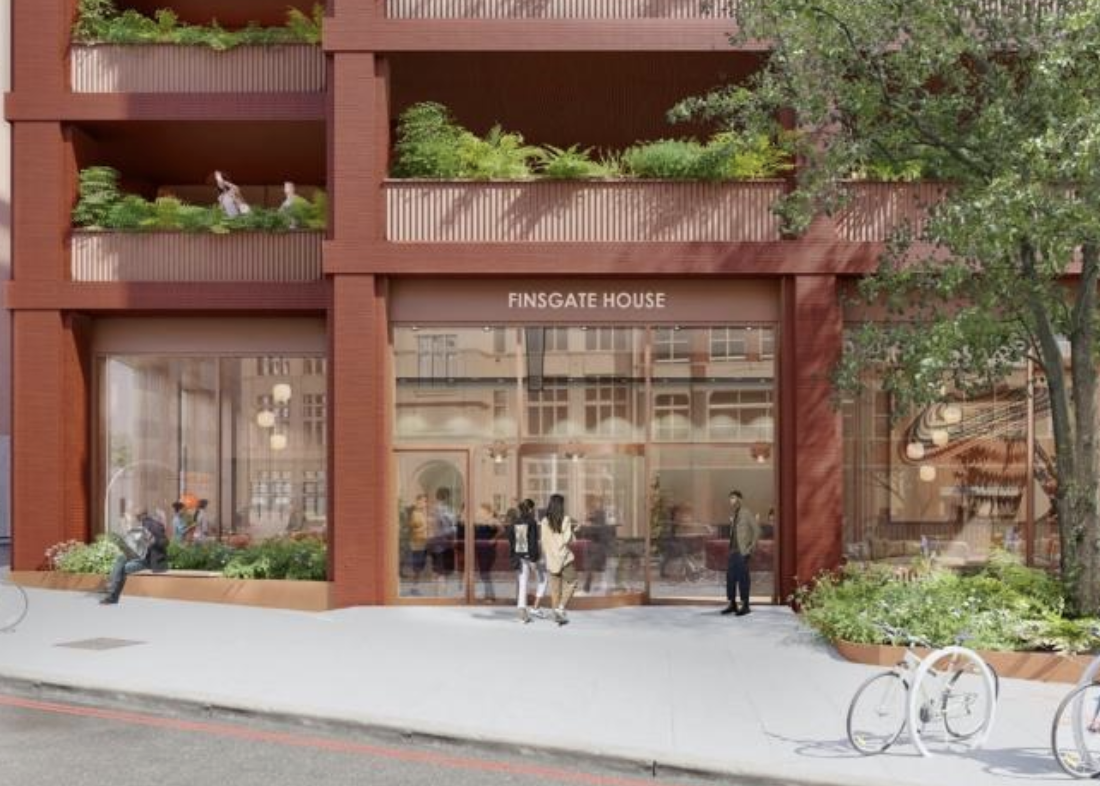UK: Developer Crosslane has lost a planning appeal for 234-unit coliving scheme in Liverpool.
The planning inspectorate upheld the city council’s decision to refuse planning consent for the Baltic Triangle scheme, as it considered the amount of communal space proposed would not make up for “deficient” apartment sizes.
In dismissing Crosslane’s appeal, the inspector agreed with Liverpool City Council’s stance on coliving. A planning advice note published earlier this year states that coliving developments should adhere to policies in the city council’s newly adopted local plan guiding all other residential schemes in the city, including minimum space standards.
The majority of the units at the proposed scheme on the site of a former carpet warehouse would measure around 237 square feet, below the national standard of 398 square feet for a studio with a shower.
The inspector calculated that an additional 92 square feet could be added to the size of each unit based on a calculation around shared amenity space per person. However, even with this additional living space, the majority of the units would still not be policy compliant.
“It has not been demonstrated that the scheme would provide adequate private and communal space to ensure satisfactory living conditions for future residents,” the inspector’s decision notice said.
Darren Muir, planning and transport director at the Baltic Triangle Area CIC, said:
“We have no issue with coliving schemes in principle, but the scheme did not demonstrate any material considerations that supported deviation from the Baltic Triangle Area strategic regeneration framework.”
“The CIC seeks to encourage investment in the area, including new residential developments, but they must be of the best possible quality. Unfortunately, in this case, the applicant did not seek to engage with the CIC or local stakeholders. In this instance, the scheme fell short in providing adequate living standards for occupiers, and wider benefits to the Baltic Triangle Area. We look forward to hopefully working with the applicant, or anyone else, who seeks to redevelop the site in the future,” he added.
























